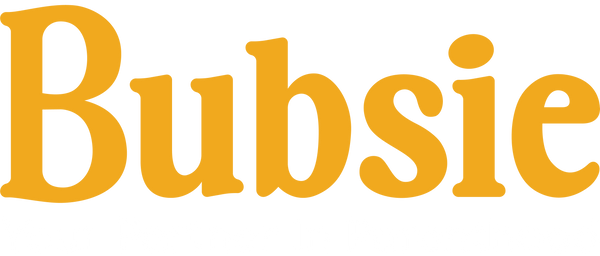
Signs Your Baby Is Weaning Off Breastmilk
Share
Weaning is a big milestone in your baby’s development—and for many moms, it can bring a mix of emotions. Whether you’re choosing to begin the weaning process or your baby is leading the way, it’s helpful to recognize the signs that your little one is naturally starting to wean off breastmilk.
Every baby is unique, but certain behaviors can indicate that your child is ready to move toward solid foods and other sources of nutrition. Here’s what to look out for.
1. Decreased Interest in Nursing
One of the most common signs of weaning is when your baby starts showing less interest in breastfeeding. This might look like shorter nursing sessions, getting distracted easily, or turning away from the breast altogether.
If your baby is around 9 to 12 months and seems more curious about the world than about feeding, this could be a sign they’re ready for more independence in their eating habits.
2. Increased Intake of Solid Foods
As babies become more comfortable with solid foods, they naturally begin to replace nursing sessions with meals and snacks.
You may notice that your baby is finishing more of their solids, reaching for food during mealtimes, or showing enthusiasm when trying new tastes and textures. This shift in preference often leads to a gradual reduction in breastmilk intake.
3. Sleeping Through the Night Without Nursing
Many breastfeeding parents continue nighttime feeds well into the baby’s first year. However, one indicator of weaning is when your baby begins sleeping through the night without waking for a feed.
This change often aligns with a more filling solid food diet and a more established sleep routine.
4. Distraction During Nursing Sessions
If your baby becomes easily distracted during breastfeeding—wanting to sit up, look around, or play instead of nurse—they might be signaling a readiness to transition. This is especially common after 6 months of age when babies are more aware of their surroundings.
5. Self-Weaning: A Gradual Process
Some babies initiate the weaning process on their own—a concept known as baby-led or self-weaning. It usually happens gradually over weeks or even months, giving your body and your baby time to adjust physically and emotionally.
It’s important to note that a sudden refusal to breastfeed could also be a “nursing strike,” which may be temporary. If your baby is under 1 year and suddenly stops breastfeeding, consider checking for other causes like teething, illness, or stress before concluding that it’s weaning.
How to Support the Weaning Process
-
Follow your baby’s cues: Let your baby lead when possible. Forced weaning can be stressful for both of you.
-
Offer comfort in other ways: Cuddles, lullabies, and skin-to-skin contact can still provide comfort during this transition.
-
Stay hydrated and nourished: Whether you’re still nursing occasionally or completely done, your well-being matters.
Talk to your pediatrician: If you’re unsure whether your baby is getting enough nutrition during this phase, it’s always a good idea to consult your healthcare provider.
Weaning is not just the end of breastfeeding—it’s the beginning of a new chapter in your baby’s growth. Recognizing the signs and honoring your baby’s pace can make the transition smoother for both of you. Whether you wean at six months or two years, remember that what matters most is a loving, responsive approach that meets your baby’s evolving needs.
